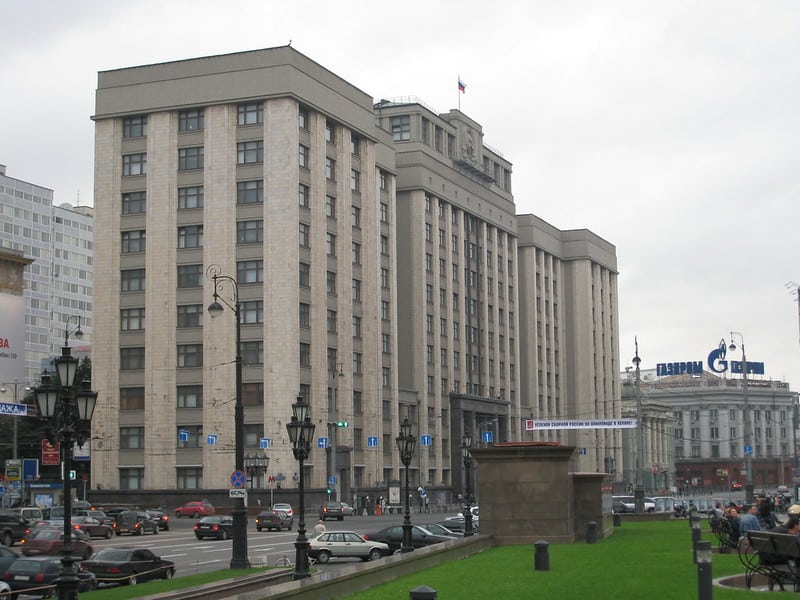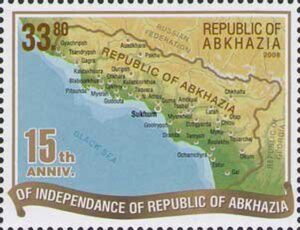Following the referendum in July 2020, on the constitutional amendments, that were approved by 77.9% of the voters according to the Russia Electoral Commission. The Russia State Duma (lower house of parliament) approved three bills on November 18, one that would grant former presidents immunity once they leave office and a second one that would entitle a former president to a lifetime seat as a senator in Russia’s Federation Council, a position that also comes with immunity from prosecution. The focus of the third bill will be on the status and formation of the State Council to the Russian State Duma. These bills would further solidify the power and influence of Putin which will make him indispensable.
Immunity for a lifetime
In the current legislation, former presidents are only immune from persecution for crimes committed while in office. Under the new legislation, former presidents and their families cannot be prosecuted for crimes committed during their lifetime. Besides that, they will also be exempt from searches, arrests or questionings. On the other side, the immunity of a former president can only be stripped away, if accused of treason or other grave crimes and charges are confirmed by the Supreme and Constitutional Court.
However, the new law will not be applied to Mikhail Gorbachev, who was president of the Soviet Union until its dissolution in 1991. It will apply to Dmitry Medvedev – who was head of state between 2008-2012. As Putin is still in office, it will definitely apply to him, as he is one of the persons who drafted the law and the one who signed this new law.
The State Duma has also passed another bill that will grant a former president a lifetime seat in the Federation Council, a position that also grants immunity from prosecution. Thus, this bill has raised some rumors about the health of Putin, 68, who is planning to step down, but the Kremlin denied this saying “he remains in good health and will not step down’’.
New advisory body
Thus, President Putin has also introduced a bill on the status and formation of the State Council to the Russian State Duma. This bill will expand the meaning of a united system of public governance. It will further serve as an advisory body to the head of state. This new advisory body will be headed by the Russian president, the Russian Prime Minister, the Federation Council speaker, the State Duma speaker, the president’s chief of staff and regional governors. Besides, other representatives can also be included on the Council, which need to be appointed by the president.
The bill also forbids people that have foreign citizenship or a residence permit from forming part of the State Council, as well as those with accounts held at foreign banks. The bill has been seen as an attempt to weaken regional leaders and deinstitutionalize the power in Russia. The logic behind it is to create subordination at all levels of governance.
By assembling senior politicians and officials in this new body, Putin can delegate tasks of everyday governance to his subordinates even more than he already does, allowing him to focus on the areas of real interest for him. Putin can, in effect, put governance on ‘auto-pilot’.
Sources: Guardian | WION | CNN | RUSI | CHATHAMHOUSE
Photo: Flickr



